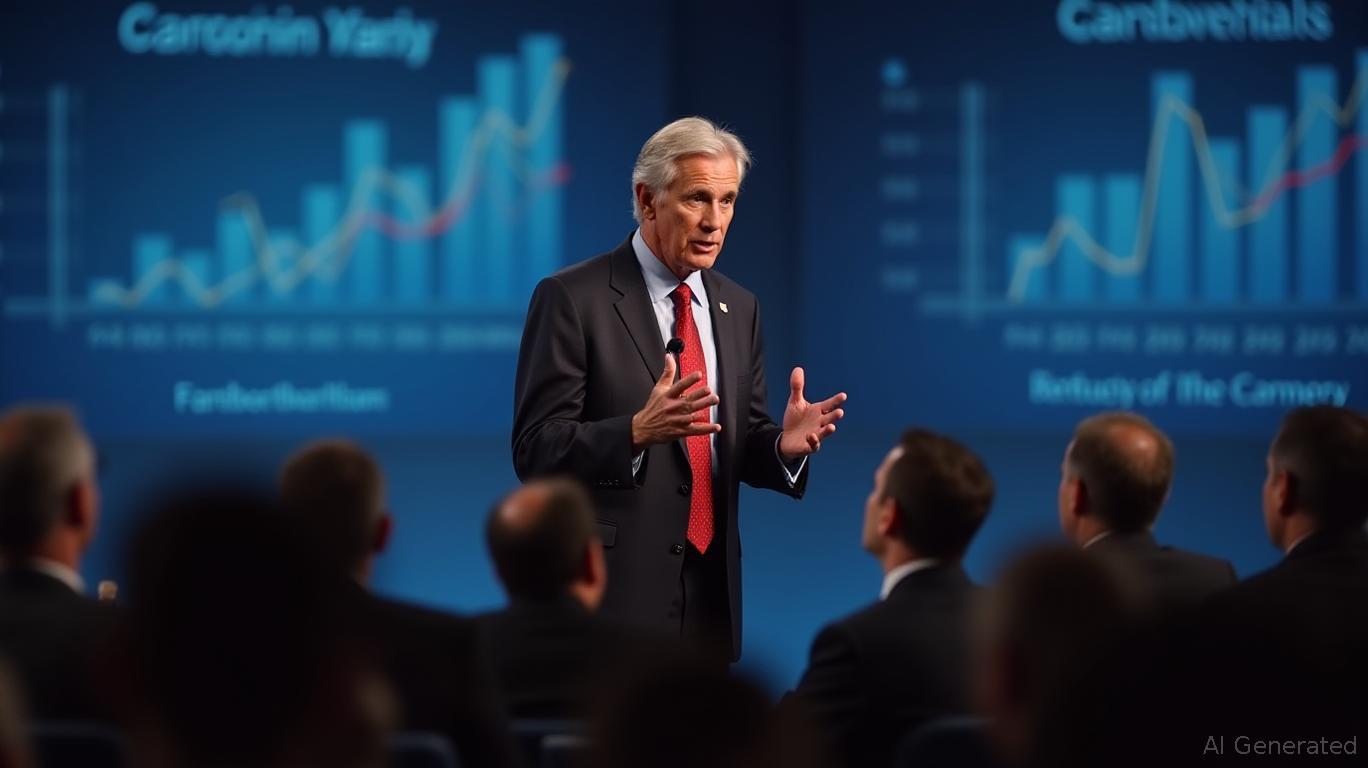Reeves' Balancing Act: Tax Policy Changes and Economic Expansion
Chancellor Rachel Reeves is under increasing scrutiny to achieve the UK's first primary budget surplus in more than twenty years, as the nation's public debt approaches 100% of GDP, according to a
The budget Reeves will present in November 2025 is likely to focus on tax changes to close a fiscal shortfall of £20-35 billion. Leaked Treasury plans indicate potential policies such as a 20% exit levy on assets for wealthy individuals leaving the UK and a mansion tax on homes worth over £2 million, as reported by

External factors are adding to the fiscal difficulties. Ryanair CEO Michael O'Leary has declared that the UK economy is "doomed" if current policies persist, criticizing planned tax increases on aviation and wealth as harmful to economic growth in an interview with
Reeves has also been active on the international stage, meeting with European finance ministers in Copenhagen to deepen trade and defense partnerships. She stressed the importance of "fair and enforceable trade rules" to benefit UK businesses and reaffirmed the UK's pledge of £4.5 billion in military support for Ukraine, as reported by
The stakes for the November budget are considerable. Although Reeves has not confirmed any tax increases that would contradict Labour's manifesto, she admitted in her pre-budget remarks that "difficult decisions" are necessary to balance debt reduction with public investment. Experts believe these policies will challenge Labour's political resolve, especially as public approval for taxing the "super-rich" stands at 75%, Finance Monthly noted. However, HMRC analysis cited in Finance Monthly suggests that behavioral changes in response to exit and mansion taxes—such as moving assets abroad or delaying property sales—could reduce expected revenues by 20-40%.
As the UK faces this pivotal fiscal moment, Reeves' ability to balance immediate revenue demands with sustainable growth will be crucial. The forthcoming budget will serve as a key test of Labour's capacity to blend economic realism with its progressive goals.